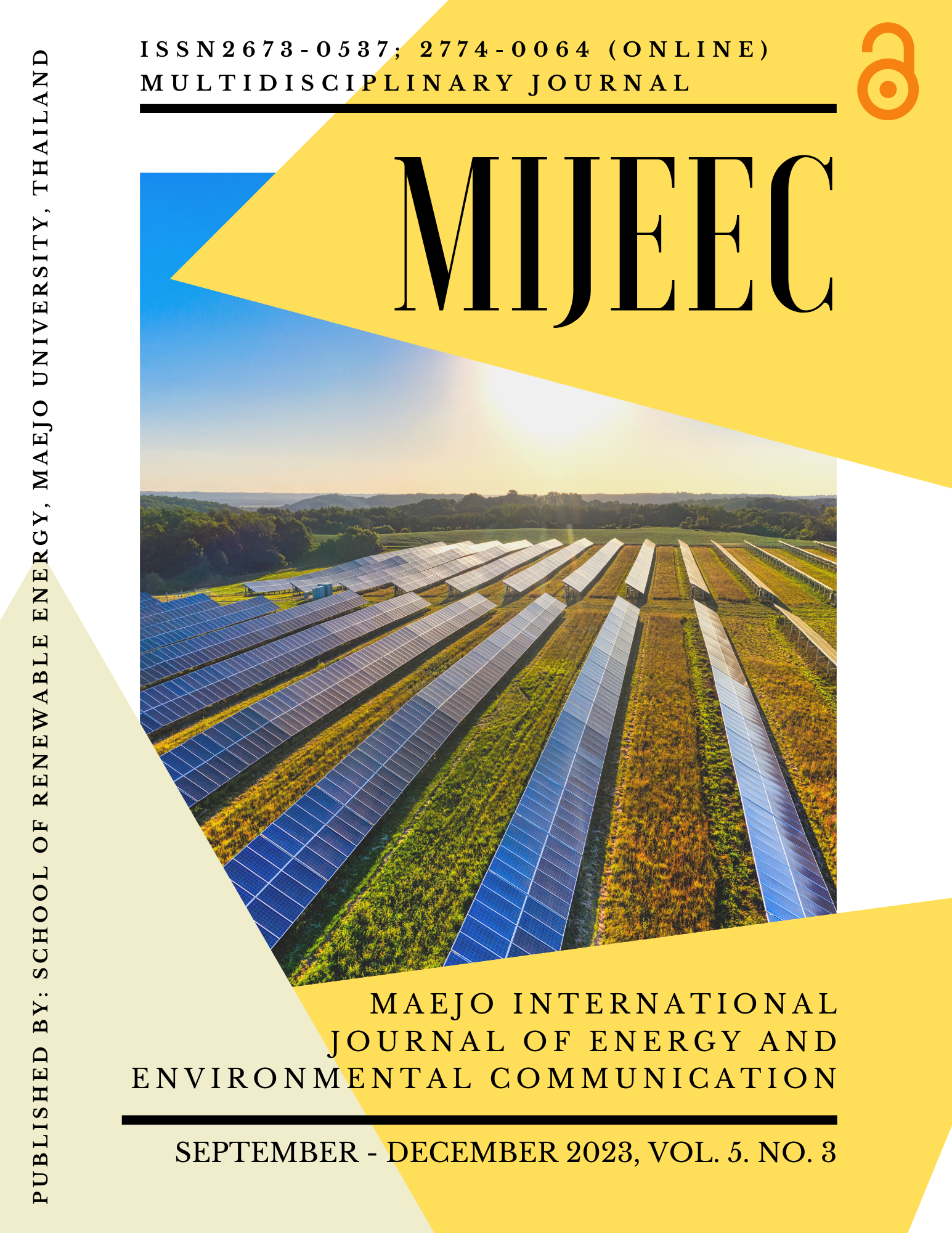Techno-economic feasibility analysis on sustainability polyhydroxy- alcanoates production process transitions from high-strength organic wastewater
Main Article Content
Abstract
Polyhydroxyalcanoates (PHAs) are promising biodegradable plastics that can replace conventional petroleum-based plastics and mitigate oceanic pollution. High organic wastewater has been examined as a potential substrate for lowering the manufacturing cost of PHAs. In this study, the three main indicators, including net present value (NPV), internal rate of return (IRR), and payback period (PBP), were used to calculate the economic feasibility of PHA production. For a project lifetime of 20 years, the cost of the PHA manufacturing process reached $994,143. The annual process operation cost was $159,711. The payback period was 6.79 years, and the internal return rate was 16%. However, if costs increased by 20%, the benefits would decrease by 25%. Since the price of PHAs is higher than that of conventional plastic, various government supports are expected to stimulate the market of PHAs potentially. This study successfully determines the techno-economic analysis of PHA production to form high-strength wastewater with MMC as the microbial source.
Article Details

This work is licensed under a Creative Commons Attribution-NonCommercial-NoDerivatives 4.0 International License.
Copyright © 2019 MIJEEC - Maejo International Journal of Energy and Environmental Communication, All rights reserved. This is an open-access article distributed under the terms of the Creative Commons Attribution-NonCommercial- Attribution 4.0 International (CC BY 4.0) License






